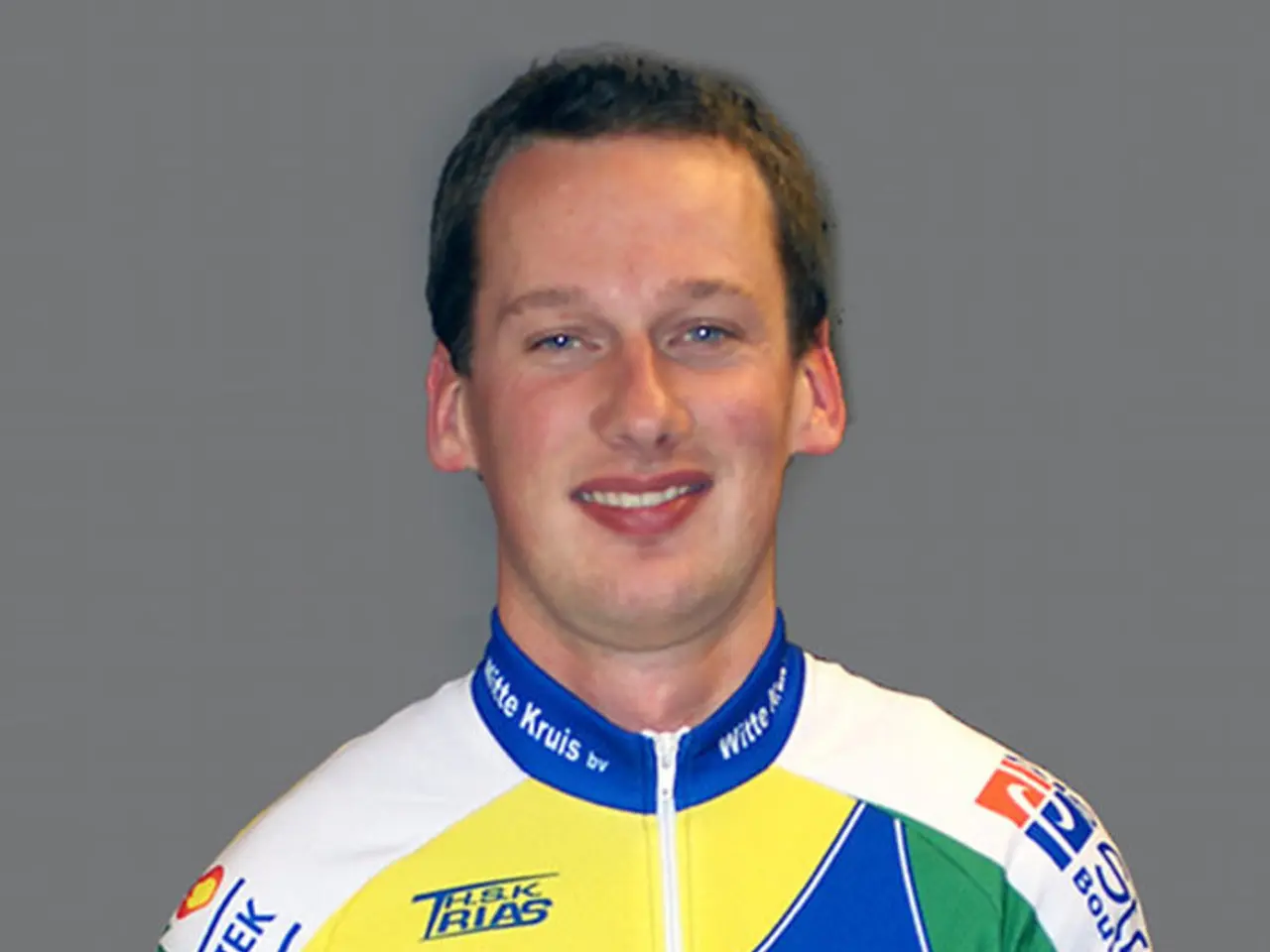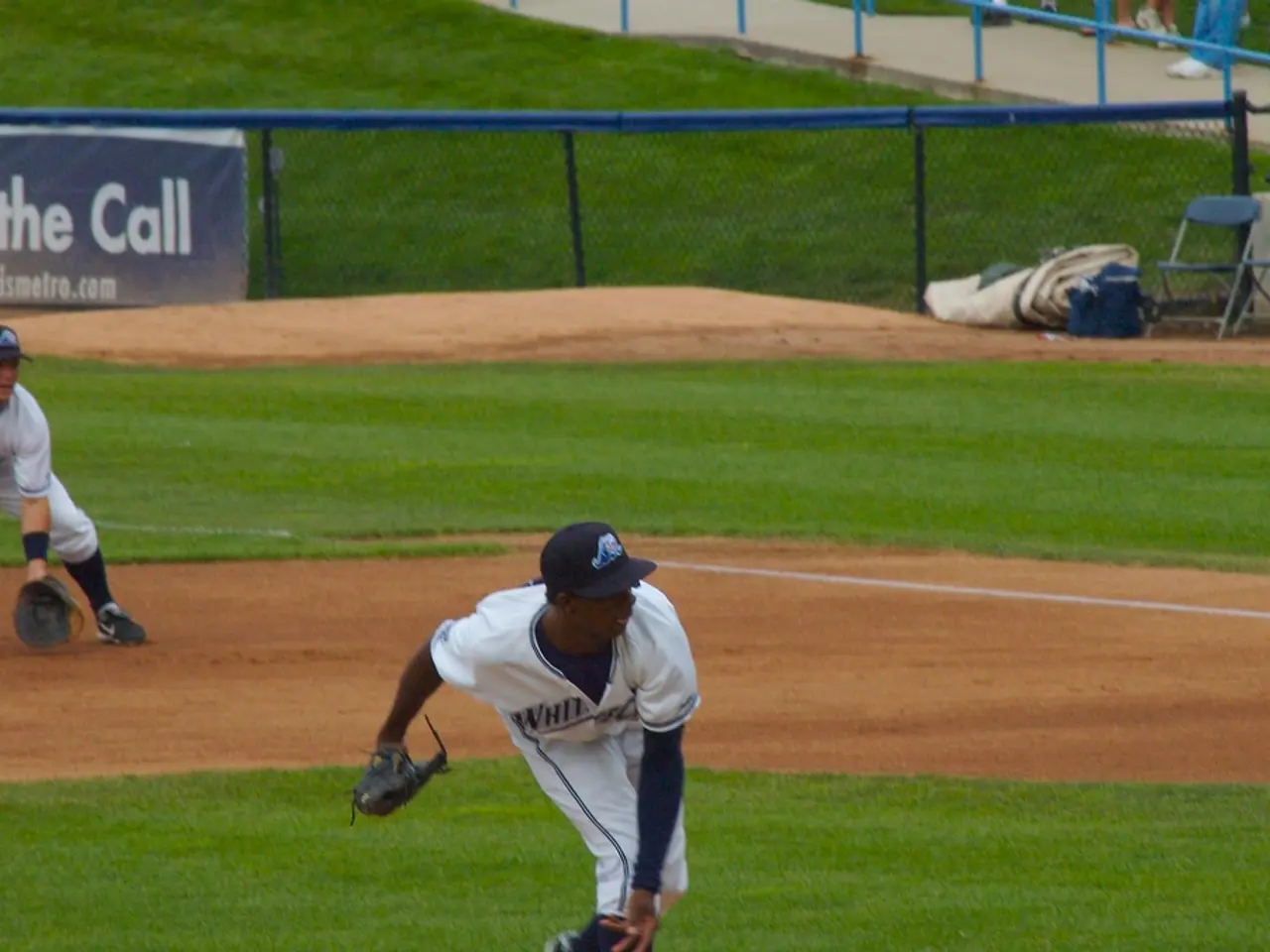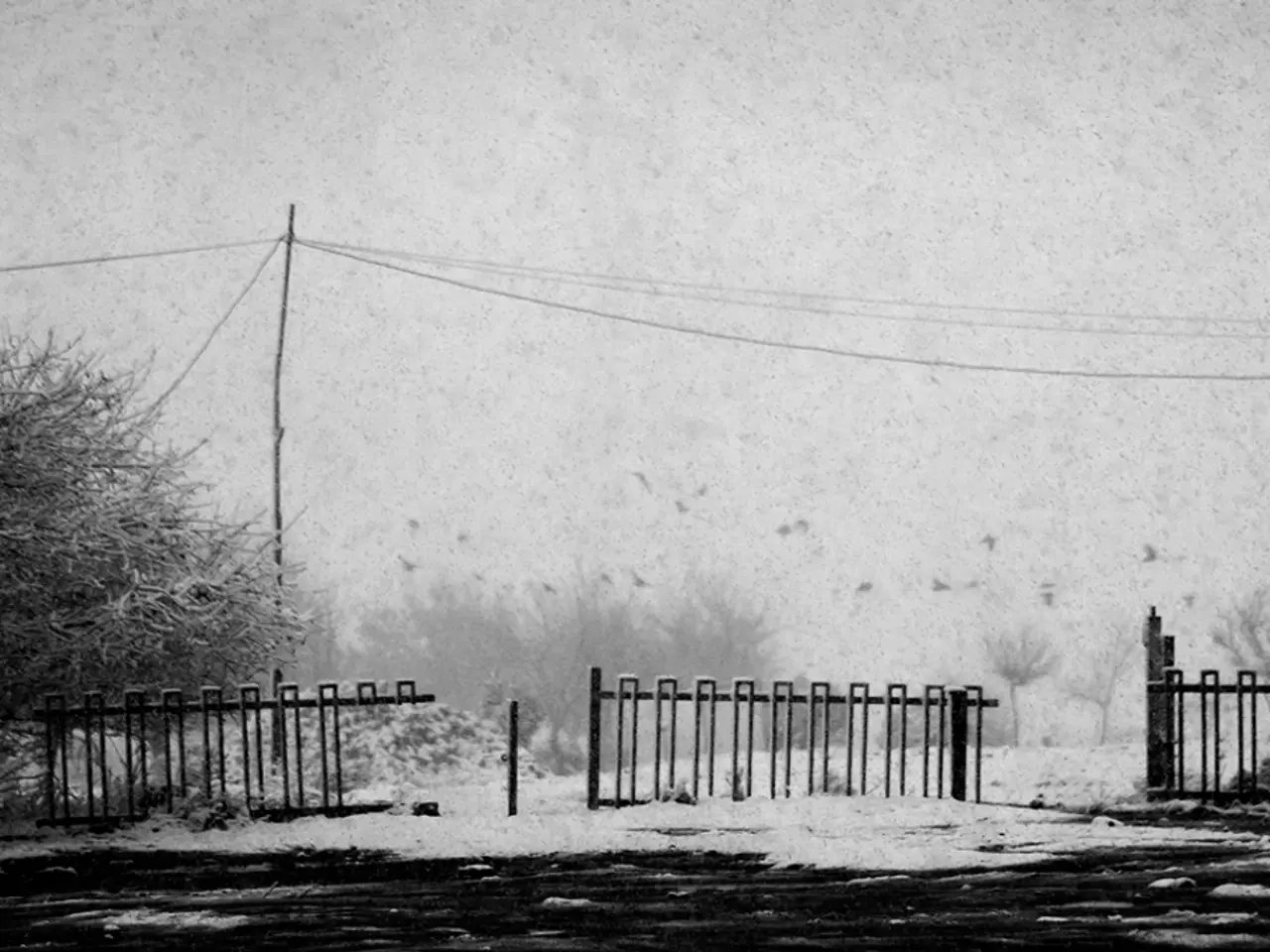Saint-Maximin's possible football suspension under scrutiny: Fenerbahce comments on potential disciplinary action against Newcastle United player
Allan Saint-Maximin, a former Fenerbahce winger, has made shocking doping claims against his time at the Turkish club in a live Twitch broadcast. These allegations, if unsubstantiated, could lead to significant legal implications under FIFA and WADA regulations, as well as civil law considerations.
Under FIFA regulations, doping allegations are taken very seriously. If Saint-Maximin accuses a club or individuals of trying to make him break doping rules, FIFA's disciplinary bodies may launch formal investigations into the accusations to ensure fair play and protect the integrity of the sport. Making public unsubstantiated doping claims could also expose the player to disciplinary sanctions if the claims are deemed defamatory or damaging without evidence.
Similarly, under WADA (World Anti-Doping Agency) rules, doping violations involve strict investigation protocols. If Saint-Maximin claims he was pressured to dope, this could prompt an anti-doping inquiry. However, if his claims are false or malicious, WADA-compliant bodies might take action against him to protect clean sport standards.
From a civil and reputational standpoint, Fenerbahce has already strongly denied Saint-Maximin's claims and threatened legal action for defamation or damage to reputation. This means that if the claims cannot be proven, Saint-Maximin could face a defamation lawsuit. This is a common legal consequence when public accusations harm professional reputation without sufficient evidence.
Anil Dincer, a sports lawyer, has emphasised that unless there is solid evidence, publicly making such accusations is not legally appropriate. Dincer also noted that the penalty for such a violation could extend to a two-year suspension from football. Furthermore, verbal attacks could be considered a violation under FIFA's Disciplinary Code.
Dincer added that if Saint-Maximin believes he was encouraged to use a banned substance, the burden of proof lies with him. So far, Fenerbahce's legal team is reportedly reviewing the matter, but no specific details have been provided.
The backlash from Fenerbahce supporters continues, following Saint-Maximin's doping claims against the club. It remains to be seen how this situation unfolds, but it underscores the importance of maintaining the integrity of sports and upholding fair play.
[1] FIFA Disciplinary Code, Article 58 (Discrimination) and Article 61 (Bringing the Game into Disrepute) [2] WADA Prohibited List and International Standards for Testing and Investigations (ISTI)
[1] Given the allegations, if Saint-Maximin's claims against Fenerbahce and individuals for breaking doping rules are proven, they may face penalties under FIFA's Bringing the Game into Disrepute (Article 61) and Discrimination (Article 58) regulations.
[2] In light of Saint-Maximin's claims, if he provides evidence supporting his accusations of doping, WADA-compliant organizations might initiate an anti-doping investigation, following the International Standards for Testing and Investigations (ISTI).
[3] should Saint-Maximin's doping claims be unsubstantiated or malicious, Turkish club Fenerbahce could potentially seek legal action for defamation, as per the Turkish legal system, and potentially ban him from professional European leagues, such as LaLiga, under FIFA regulations.







